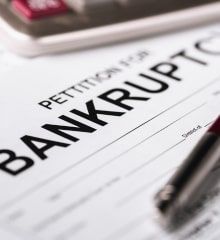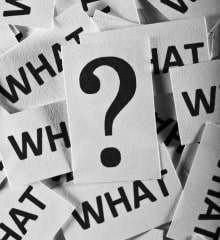What Debts are Discharged in Chapter 7 Bankruptcy?
When you file for Chapter 7 bankruptcy, certain debts are cancelled, or “discharged.” Once a debt is discharged, the debtor is no longer
responsible for repaying it. A creditor can no longer collect on discharged debts. A discharge is usually automatically granted at the end of a case, unless an objection is filed by a creditor. In order to object, a creditor must file a complaint with the bankruptcy court before the specified deadline.
Any debts incurred after you filed for bankruptcy will not be discharged. The debts that can be
discharged under Chapter 7
include:
- Credit cards
- Leases
- Medical bills
- Personal loans
- Utility bills
|
- Auto accident claims
- Business debts
- Deficiencies existing after vehicle repossessions
- Negligence claims
|
If any of the above debts can be connected to misconduct or fraud, they will become non-dischargeable.
While getting your debts discharged is a major advantage of filing for Chapter 7, there are some debts that are not dischargeable, including:
- Child support
- Alimony
- Income taxes
- Student loans
|
- Condominium and housing fees
- Attorney fees in child custody and support cases
- Court fines and penalties
|
To learn more about which of your debts are dischargeable under Chapter 7, contact an experienced attorney at
DebtStoppers in Atlanta.


